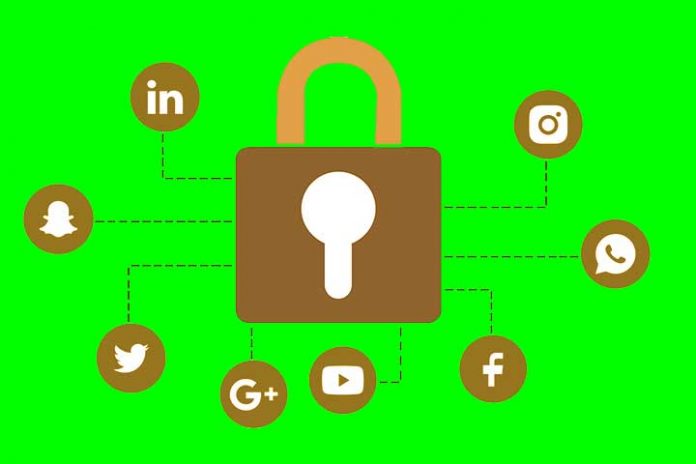Social networks have changed how we relate to friends, family, or even people we do not know. Who would tell us a decade ago that we would live attached to them?
How often do you go to Instagram or Facebook each day to see what others are uploading? Or to upload a photo of your vacation? How many times do you move your finger on your smartphone’s screen to upload or download stories? And it is that they have gained so much prominence that we spend more than two and a half hours a day in them. And we don’t say it. The studies say it. But, do you know that social networks are hazardous? Well, yes, they are, and more than you think. Therefore, today we will give you some tricks to avoid cyberattacks.
Before that, let us remind you that to navigate smoothly on social networks, you must have a good Internet connection, so you can upload videos or photos whenever and wherever you want. Imagine broadcasting your arrival at the top of a mountain, and suddenly, it cuts out. You want to die, yes. Because if your feat is not in networks, it has not happened
What types of cyberattacks are most frequent?
Let’s get to the point. The network’s security is more and more controlled but, obviously, not one hundred percent. These are the most common cyber attacks (indeed they all sound familiar to you):
- Impersonation: cybercriminals use techniques to obtain information from users (employees or individuals), such as access credentials or personal data. They usually do it through fake emails or SMS.
- Malware attacks: cybercriminals launch computer virus attacks, a malicious code that hijacks our information and files and asks for money in return.
- Dark and Deep Web: Hackers get passwords for different celebrity profiles and phishing. Even Facebook CEO Mark Zuckerberg himself has been hacked as you read it. They are so dangerous.
How to avoid cyber attacks
If you use social networks at work, you should receive some training from your company since any colleague could access passwords to a cybercriminal without knowing it. If you are not lucky enough to receive this course, you should burn yourself the following recommendations
- Passwords must be alphanumeric, difficult to crack.
- They should not be related to personal information (never a birthday, for example).
- And finally, never (we repeat, never) you should put it in different places (we are very given to doing it).
And as a curiosity, do you know that the most used password in the world is 123456, followed by 123456789? We do not complicate life much, no.
With these tricks, you can sleep more peacefully and surf nets like a fish in water. Of course, do not be careless. You never know where a cyberattack can come from.


